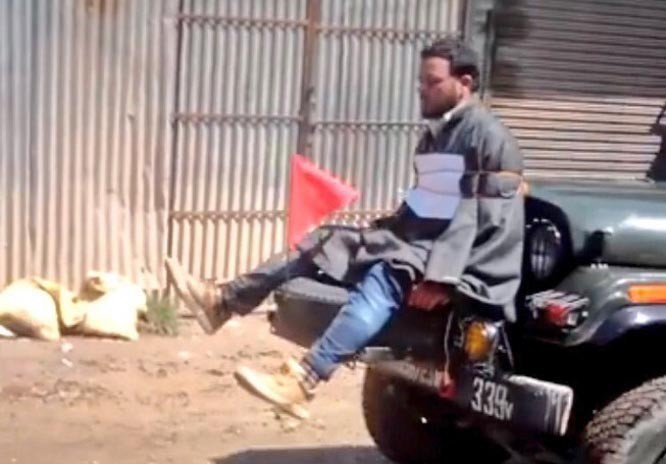
The UN human rights report on Kashmir is an indictment of the Indian state

Called the first ever such report on Kashmir, Report on the Situation of Human Rights in Kashmir: Developments in the Indian State of Jammu and Kashmir from June 2016 to April 2018, and General Human Rights Concerns in Azad Jammu and Kashmir and Gilgit-Baltistan issued on June 14, 2018 by the Office of the United Nations High Commissioner for Human Rights (OHCHR) directs world’s attention towards the human rights situation in Kashmir.
The report takes as its peg the killing of Burhan Wani on July 8, 2016 by the Indian security forces. Wani, the 22-year old leader of the Hizbul Mujahideen, was killed in an armed clash in Bumdoora village in Kokernag area in the Indian state of Jammu and Kashmir.
The killing caused widespread protests in the valley, resulting in human rights violations by the Indian forces throughout the summer of 2016 and into 2018, including the mental and physical torture of Farooq Ahmed Dar, a Kashmiri who was tied to a military jeep and driven around "Budgam district for over 28 kilometres" on April 9, 2017.
The report takes into account the fact that the current wave of protests appears to involve more people, including the young, middle-class Kashmiris. "Some of the root causes of the discontent fuelling protesters are addressed in this report," it says.
The document clarifies in the beginning that in the absence of unconditional access to Kashmir on either side of the Line of Control, the OHCHR had to undertake "remote monitoring of the human rights situation".
Though the report also talks about the state of human rights in Azad Jammu and Kashmir and Gilgit Baltistan, "the focus of the report is on the situation of human rights in the Indian state of Jammu and Kashmir…notably excessive use of force by Indian security forces that led to numerous civilian casualties."
The report cites civil society estimates, saying that 130 to 145 civilians were killed by the security forces between mid-July 2016 and end of March 2018, and 16 to 20 civilians were killed by armed groups in the same period, including pellet-firing against protesters during the unrest in 2016," which severely injured the protesters, leaving many of them blind.
Also read: Of curfewed nights and other sorrows
The UN agency points out impunity for human rights violations and lack of access to justice as key human rights challenges in the Indian state of Jammu and Kashmir. It claims that special laws in force in the state -- the Armed Forces (Jammu and Kashmir) Special Powers Act, 1990 (AFSPA) and the Jammu and Kashmir Public Safety Act, 1978 (PSA) -- impede the normal course of law, accountability "and jeopardise the right to remedy for victims of human rights violations". Over 1,000 people were detained under the PSA between March 2016 and August 2017, according to the document.
The report recommends that a resolution to the political situation in Kashmir should involve a commitment to ending violence and assurance of accountability for the past and recent human rights violations and abuses. It emphasises that a true resolution of the Kashmir situation can only be brought about "by meaningful dialogue that includes the people of Kashmir" and fully respects "the right of self-determination of the people of Kashmir as protected under international law."